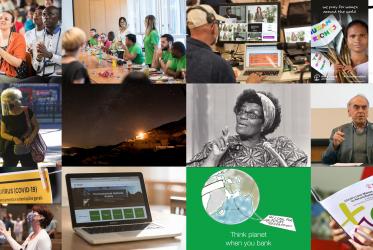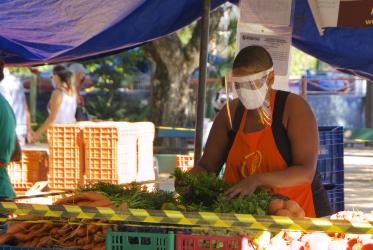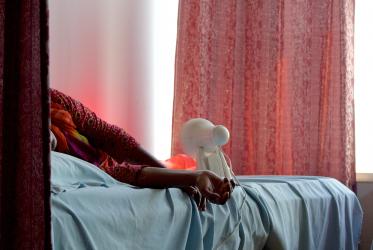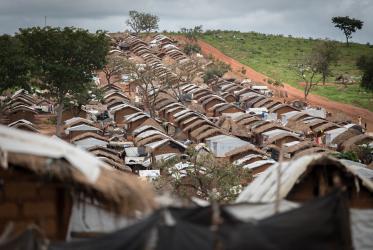Displaying 1 - 20 of 30
WCC webinar explores decolonizing beauty
11 December 2023
WCC podcast deals with death and dying
15 December 2020
Two new podcasts explore intersection between racism and COVID-19
04 December 2020
Dealing with traumas and healing of wounds
04 June 2019
Faith and HIV treatment go hand in hand
06 March 2019
Turning mercy and compassion into action
04 March 2019
On the journey to HIV – bridging gaps, debunking myths
21 February 2019

















